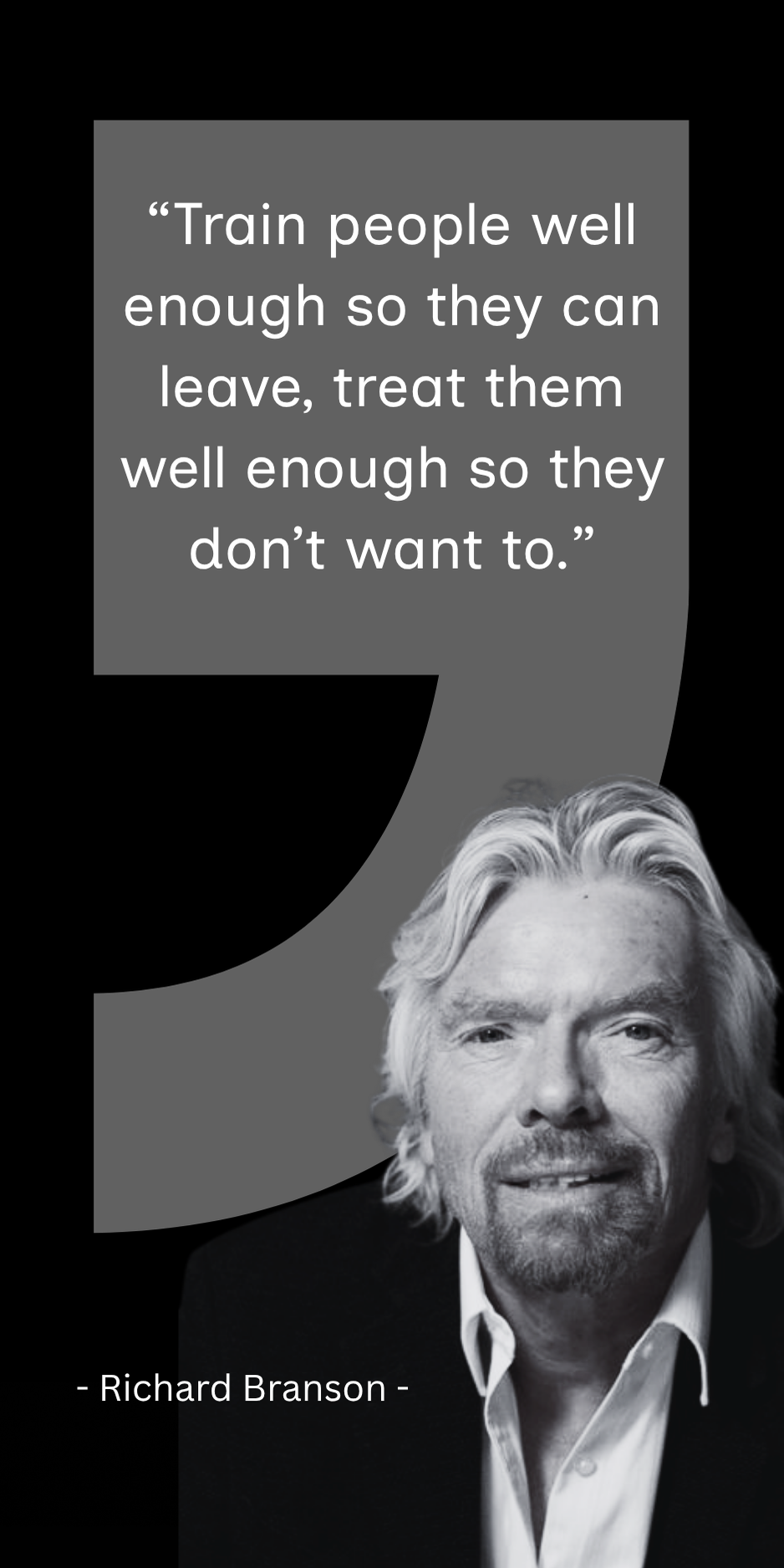Now Reading: Beyond Profit: Patagonia’s Bold Model for Business and the Environment
-
01
Beyond Profit: Patagonia’s Bold Model for Business and the Environment
Beyond Profit: Patagonia’s Bold Model for Business and the Environment

In a business landscape where corporate responsibility often struggles to move beyond branding, Patagonia stands out as a company that has made sustainability its core identity. Founded in 1973 as an outdoor clothing and gear company, Patagonia has consistently championed environmental stewardship not only in its products but also in the way it manages its people. Its HR policies are deeply intertwined with ecological responsibility, creating a model where sustainability and employee engagement reinforce one another. Patagonia demonstrates that environmental values can be woven into the fabric of workplace culture, proving that businesses can thrive while prioritizing the planet.
Embedding Sustainability into HR Policies
One of the most critical differences between Patagonia and other companies is that the company has deeply embedded the role of environmental responsibility in its human resources practices. In contrast to sustainability being the exclusive prerogative of CSR or marketing teams in other corporations, Patagonia redefines the responsibility at the center of the organization. Employees are not only asked but also enabled and facilitated to practice the brand’s values through activities such as paid volunteering, green benefits, and policies that reduce the environmental impact of the work office.
The HR strategy adopted by Patagonia places sustainability as a personal experience rather than a mere external requirement. The concept of environmental responsibility as a must in the organizational culture is maintained throughout the employees’ journey, thus, a match between the organization’s objectives and the individual’s values being ensured.
Paid Volunteer Time for Environmental Causes
Amazing human resources (HR) initiative that has contributed to Patagonia’s recognition is their environmentally voluntaries paid time off policy. Any employee can get up to two months off fully paid, to carry on with their volunteering activities in any grassroots environmental organization nearby. The company not only lives and promotes the environmental values but also reaps employees’ sense of purpose and alignment with the company’s mission through the program.
The good will be made twice: while the open-air groups receive the support of the trained staff, the employees become more engaged and passionate, bringing back the new ideas and ways of thinking about the environment and sustainability. This program allows Patagonia to make a clear statement that environmental issues should still be at the core of the company’s efforts, however, employee empowerment is as important as the company’s direct footprint reduction.
Work-Life Balance with an Environmental Focus
Patagonia’s human resource policies are so comprehensive that they seamlessly merge work, wellbeing, and eco-friendliness. The organization is widely acknowledged for its flexible scheduling policies through which staff members are not only allowed but also encouraged to take a break by engaging in outdoor activities such as surfing, hiking, or skiing if they feel that the conditions are perfect. Such an attitude helps to keep the link intact between individual health and the environment which in turn serves as a constant reminder to the employees that saving the earth is still at the very core of the mission of Patagonia.
Furthermore, the company also offers childcare facilities on their premises and has a range of family-friendly policies which not only allows but also encourages employees to maintain an equilibrium between their private and working lives. As a result, these programs not only build loyalty among employees but also instill the organization’s philosophy that taking good care of people over the planet is neither an option nor a conflict but a synergy of benefits.
Green Benefits and Employee Engagement
Patagonia has definitely moved on from standard health benefits to offering perks with an environmental focus. Workers are given monetary assistance to obtain bicycles, set up solar panels at their homes or choose eco-friendly ways of commuting. Partly paid with the help of a discount on company products, the sustainable consumption is facilitated, while the staff are informed about the environmental impact of their clothing via internal programs.
These benefits stimulate the feeling of shared responsibility. Workers are thus not only recipients of policies for environmental sustainability but also members of the wider community of ecological activists. By integrating the green values into day-to-day HR activities, Patagonia is making sustainability an employee-led, rather than a corporate promised, way.
Transparency and Ethical Culture
Patagonia’s HR culture is characterized with the same values of openness and morality that can especially be seen in the way the company communicates its environmental commitments. Staff members receive detailed reports on the company’s ecological footprint, the issues faced, and progress made towards the set goals. Such a clean and open way of doing business creates confidence among the workforce and makes employees feel as if they were part of a shared ownership in the ecological journey.
Furthermore, Patagonia doesn’t just support but actually pushes employees to get the company responsible for its actions. The value of the culture here is the presence of the issue raising, among which the sustainability challenge, far from being used as a promotion theme, becomes a real concern for all decision levels of the business.
Sustainability as a Recruitment and Retention Strategy
Patagonia’s eco conscious HR practices are also a powerful tool for attracting and retaining talent. Younger generations, particularly Millennials and Gen Z, are more likely to seek employers aligned with their values. Patagonia’s strong sustainability credentials make it a magnet for purpose driven professionals who want their careers to contribute to a larger cause.
Retention is similarly strengthened, as employees feel their work is meaningful beyond financial performance. By aligning its employer brand with environmental activism, Patagonia has cultivated one of the most loyal and engaged workforces in the retail industry.
HR as a Driver of Environmental Activism
Patagonia is a perfect example of how human resources can be a significant contributor to sustainability. Through integrating environmental values into hiring, benefits, work-life policies, and employee engagement programs, the company has designed a workplace where both people and the planet are winning. Paid volunteer leave, eco-friendly perks, and cultural transparency enable sustainability to become part of the employees’ daily routine rather than being a mere corporate feature.
Patagonia, however, is not just an outdoor brand but also a model of how HR can design the organizational mission in a way that it becomes compatible with the values of the employees, thereby making ecological responsibility a competitive advantage. The example sets a challenge for other businesses to move beyond profit and ask themselves: how can our people strategy also become a climate strategy?












